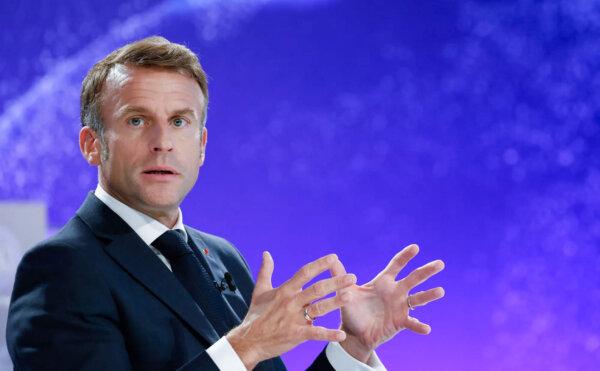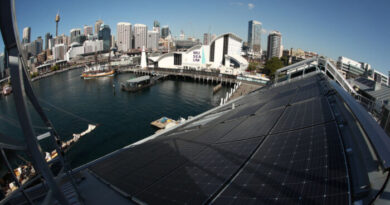Le gouvernement français annonce des réductions de dépenses de 60 milliards d’euros et des hausses d’impôts pour lutter contre le déficit.
France’s Finance Minister Antoine Armand said that the tightening budget is aimed at regaining control over its ‘spiraling’ debt burden.
France’s government plans to implement a budget of 60 billion euros ($65.68 billion) by 2025, consisting of spending cuts and tax increases to address its spiraling fiscal deficit.
Announced by Prime Minister Michel Barnier’s administration, the new measures seek to reduce the deficit to 5 percent of GDP next year, down from the current 6.1 percent with hopes of meeting the EU’s 3 percent limit by 2029.
The national debt of France is projected to reach nearly 115 percent of GDP in 2025, with interest payments likely to become the largest budgetary expense, surpassing defense and education.
‘We Must Act’
In an interview with France 2 TV, Finance Minister Antoine Armand stated, “Facing a spiraling deficit, we must take action. That’s why we presented a recovery budget to regain control over our debt and deficits.”
Analysts
Some analysts express doubts about the French government’s ability to achieve its deficit target for next year.
Goldman Sachs analysts mentioned, “The significant consolidation proposed and the reliance on tax hikes make us less confident in the government’s ability to reach its 2025 deficit target of 5.0 percent.”
Meanwhile, JPMorgan economist Raphael Brun-Alguerre predicts that the budget will only reduce the fiscal shortfall to 5.4 percent, falling short of the government’s 1.1 percent economic growth target.
The political landscape in France is delicate as President Emmanuel Macron’s party lost its majority in the recent parliamentary election.

Surging Borrowing Costs
Political uncertainty has led to rising borrowing costs as investors are concerned about potential economic instability.
The left-wing New Popular Front alliance (NFP) and La France Insoumise won the most seats in the recent election, but Macron’s centrist party came in second and the RN third.
Public Finances
The French government will need to address opposition parties’ concerns to avoid potential veto of the budget bill and government collapse due to a no-confidence motion.
Reuters reported that Barnier may have to use special constitutional powers to circumvent parliamentary procedures, but that could trigger a no-confidence motion.
Reuters contributed to this report.



